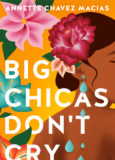California Hispanic Chambers Convention Review By: Mónica Duarte
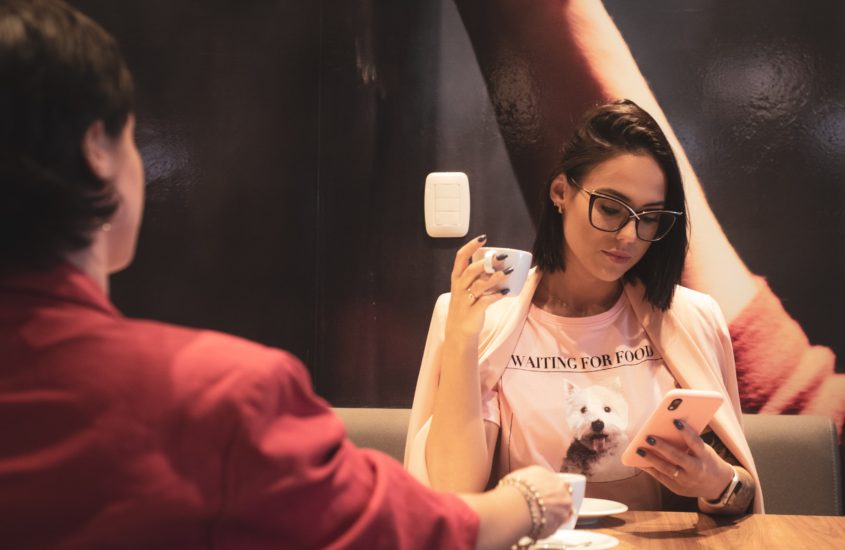
As a new Latina in business, I had the privilege of attending my first California Hispanic Chambers of Commerce Annual Statewide Convention. This was also the first CHCC convention since the pandemic happened, so it was a big deal! This year the convention was hosted by the Oakland Latino Chamber of Commerce, and it took place at the Oakland Marriott City Center.
I felt excited to finally be around my people! Yet, at the same time, I felt nervous because I specialize in working with trauma. I know trauma is something we don’t talk about in our community. I wasn’t sure how my community would receive me. I also didn’t know anybody, so I had to work to soften my introverted tendencies to be okay with meeting complete strangers.
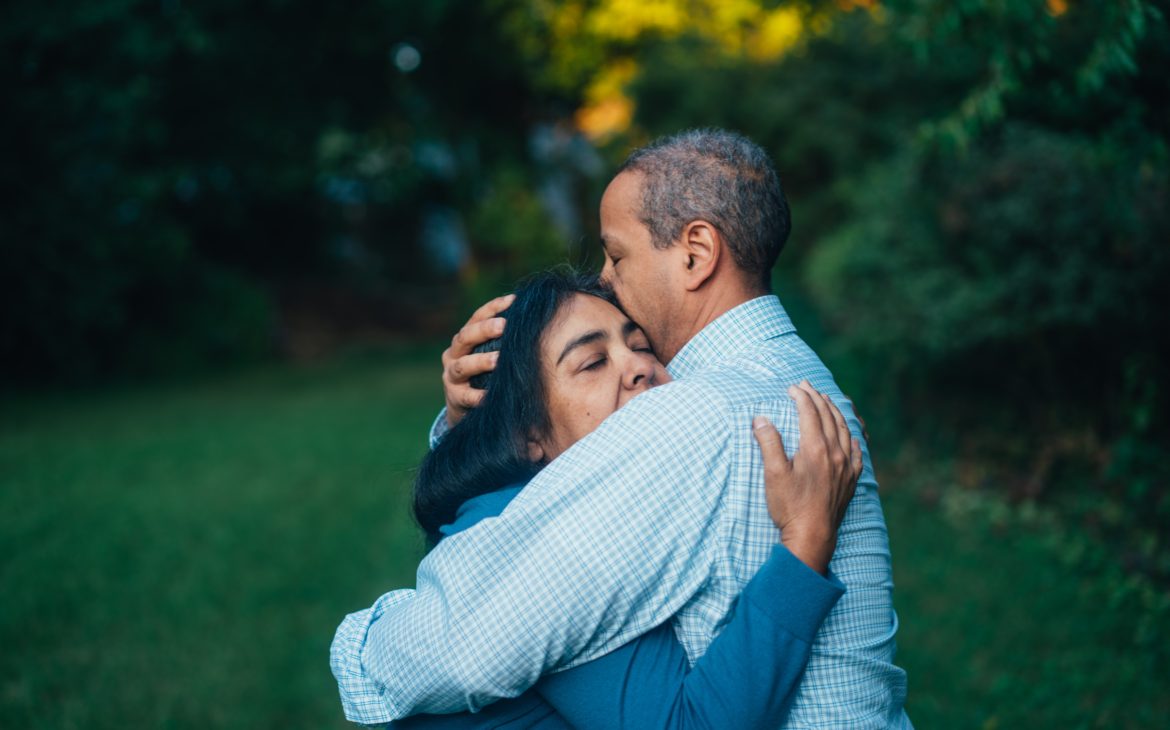
Know Your Audience
On the first day, I attended a break-out session where a panelist of accomplished Latina women shared their insights about how to protect and maintain your public image. The panelists ranged from a social etiquette expert to a principal attorney, a human resources professional, and a social media expert. The biggest takeaway from this session was to know your audience. Understand whom you’re speaking to and personalize how you present yourself to the environment and to your audience. For example, if you’re meeting a group of people who are more down-to-earth and casual – even if it’s for an event – dress down a bit – but you don’t have to give up being professional.
During this session, the conversation topic of handling different generations of Latinos was brought to the table. It started with a few audience participants asking how to communicate with the different generations.
The Question That Changed The Way I Saw Different Latino Generations
The next day, I attended another break-out session on Latinas Who Mean Businesses. During this session, the audience brought up the topic of different Latino generations again. I could sense the frustration, mainly from the baby boomer generation regarding how to communicate with millennials and Gen Z Latinos. Some of the comments made by the baby boomers made my millennial self want to correct them about their unfair assumptions!
Then my introverted self got the brilliant idea of asking a question regarding the work I do. During the first few days at the convention, when I introduced myself as a trauma coach, a few people – mainly women who were part of the older generation – brushed me off. I could sense they felt uncomfortable I was talking about trauma. It was almost as if the word trauma was a taboo word you don’t say out loud. So I decided to ask about this.
I felt a disconnect between what I discovered when I worked with my Latina clients and what I was seeing at the convention. Every single one of my clients told me we needed this type of work in our community. Yet when I talked about my work to some of the Latinas in the convention – I could sense it wasn’t well received. I decided to ask about this to get clarity on what I was doing wrong.
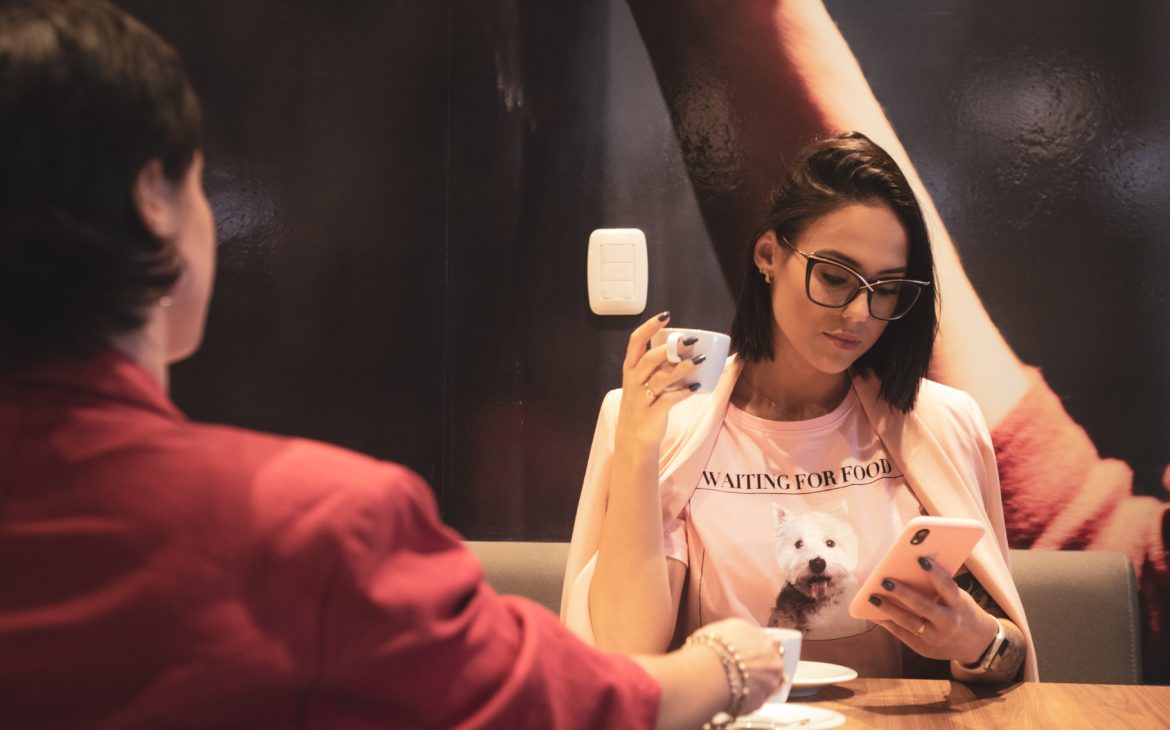
One of the women on the panel compared the word trauma with the word suicide. She said it was a heavy word and it might not be the best word to use. She said I had to figure out a different way of sharing what I do that was more positive. It was during that moment that I could see the answer as clear as day! It wasn’t that I was using the wrong word. I had to understand the audience I was speaking to and speak to them in a way that made sense to them!
In my experience, baby boomers don’t feel comfortable talking about trauma because that’s not something they grew up talking about, let alone facing head-on. Even if they were traumatized to hell and back, they kept moving forward. Survival was more important than examining your traumas. In fact, many of them were made fun of if they showed or share any sensitive feelings. Instead, they learned to ignore their emotions and toughen up. As a trauma coach, I’m aware of this! I understand this act of “toughening up” is a trauma response. When we’re in survival mode it’s hard to reflect on our traumas. It’s too much to handle and painful to our internal world. So we ignore them as a way to survive.
Yet for us millennials and the younger generation of Latinos – we do want to examine and heal from our traumas. We see the value of not being chained to the ghosts of our past. We want to be able to be our true selves and live who we are full. This is why we’re willing to explore and heal from the difficult experiences our parents could not. Talking about or using the word trauma is not taboo for us. It’s an opportunity to understand, heal, have deep conversations, and grow. We have a desire to become an even better version of ourselves.
At that moment, I realized it’s not about which Latino generation is wrong or right. It’s even less about complaining about and placing blame on each other. It’s about making the effort to understand our lived experiences. To do this, we can’t come from a place of judgment but from a genuine place of curiosity. We must make the choice to understand each other as individuals. Just like you cannot make a person who only speaks Spanish understand you if you speak in English to them. You must speak their language in order for them to understand you. This is the same path to take when handling the different generations of Latinos – with the care that they deserve. Become curious to understand and then use that information to be impactful to your audience in a positive way.
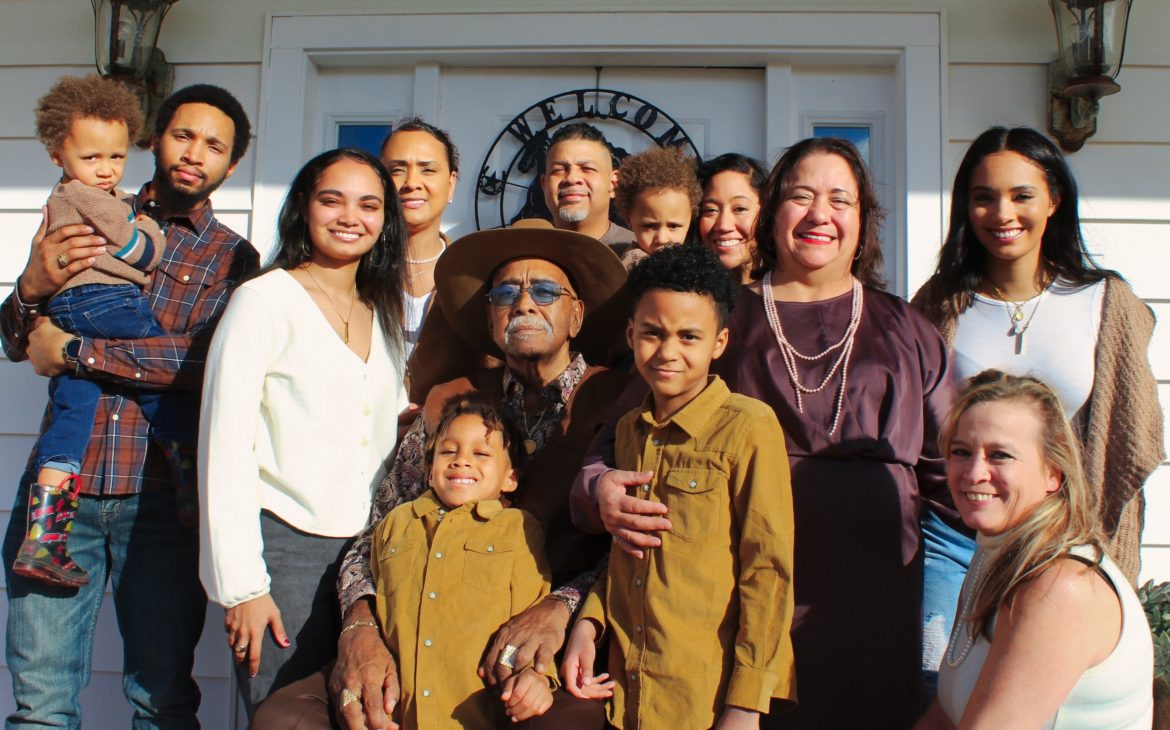
What Helped Me To Not Feel Judged By The Older Latino Generations
Suddenly, I didn’t feel offended by the judgments made toward my generation earlier. I understood the older generation had a different perspective than my generation. They were making unreasonable judgments about my generation through the lens of their lived experiences, just like the previous generation made of theirs. This didn’t make their judgments right, but it did make me want to understand why they saw us that way. To add to this, I learned that when it comes to trauma, I’ll have to speak to baby boomers about it in a way that makes sense to them. If they want me to use more positive words or soften the language, then I’ll do that because it’s about how my work can be more impactful for them.
The most interesting thing about the convention was that at the end, I had a few Latina women reach out to work with me and understand what I do more. Most of them were millennials or gen Z. One of them even advised me not to change the way I speak about my work because we need to talk about trauma as it is and that we need to feel comfortable using that word.
What Latinos From All Generations Need To Do To Be More Impactful In Our Community
So the lesson here for all of us Latinos is that if you truly want to be impactful with Latinos from different generations, take down your walls, stop making judgments, and quit comparing yourself to them. Instead, start your conversations with a sense of curiosity and a genuine desire to understand them. If you can’t figure out why some of us do what we do, ask. Each generation is the only one that can provide you with the answers you’re looking for. Making arbitrary judgments only divides us and causes more confusion. Right now more than ever we need to work together. Each generation has something to offer – if you’re open to finding out what that is. The more curious you become the more impact you will have as a Latino in the world.


